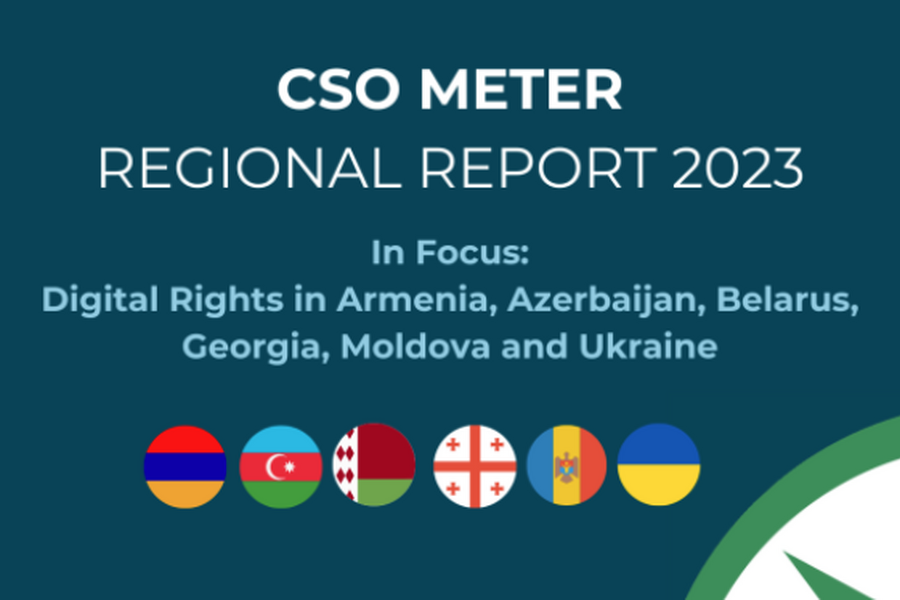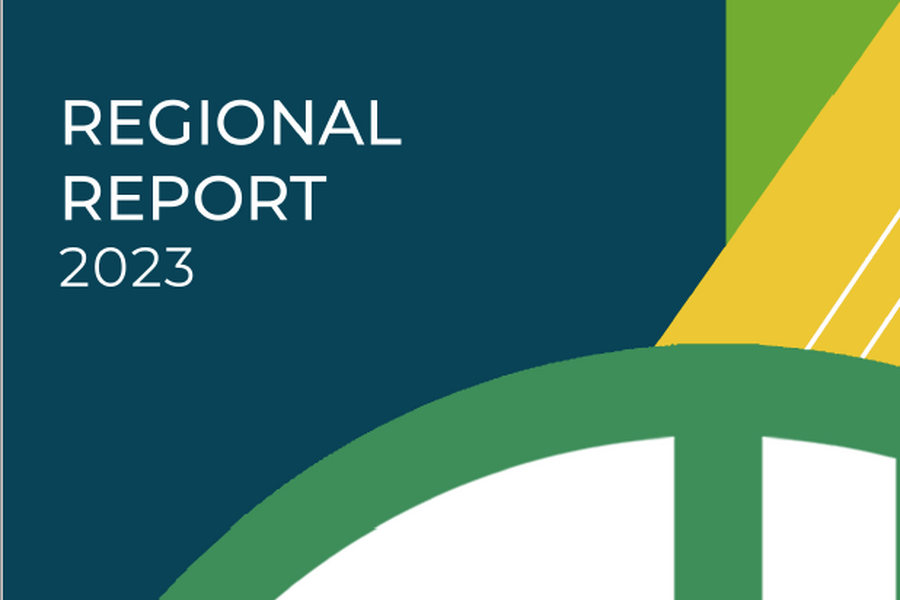The draft law “On making amendments and supplements to the Criminal Code of the Republic of Armenia” introduced by the government of Armenia was adopted in the second reading and in its entirety by the National Assembly of Armenia on October 20, 2016. Pursuant to the mentioned law the chapter on crimes against constitutional human and civil rights and freedoms is supplemented by 2 articles: articles 154.7 and 154.8. In particular, article 154.8 stipulates responsibility for making false statement on voting on behalf of other person or for submitting a statement with false signature.
Article 154.8 stipulates criminal responsibility for “false” statement made not only by intent but also by negligence, which was not provided by the renowned political agreement signed between the government of Armenia and non-governing political forces. For this purpose defining corpus delicti is not valid, contradicts the principle of legal certainty (Article 79, Constitution of the Republic of Armenia) and restricts the opportunity to protect electoral rights of all the subjects participating in the electoral process entitled to make such statement.
This means that the statement maker, who is informed on voting on behalf of other person/people, is deprived of the opportunity to provide the information to the administrative body, in particular, the Territorial Electoral Commission or the Central Electoral Commission unless he/she has checked irrefutable and unambiguous proof of the information at the moment of filing the application. For example, if the statement maker is informed that some people are absent from Armenia and/or have notified of their absence from Armenia on the day of voting, but their signatures are found on the published signed voter list, he/she cannot make a statement on the incident of voting on behalf of other people under the threat of criminal responsibility, unless he/she has checked and assured of those people’s return and presence in Armenia and their participation in the election.
By article 154.8 the statement maker actually takes on a responsibility not stipulated by law: to check on his/her own whether or not the people referred to in the statement would be present in Armenia on the day of voting and would participate in the voting, which contradicts both the logics of the amendments, according to which it is the state that assumes the responsibility of checking it, and article 39 of the Constitution. “(…) No one shall bear responsibilities which, are not defined by law.” Thus, the state actually lays its positive responsibility on the citizens.
Besides non valid character of the stipulated responsibility, the statement maker likewise objectively does not and reasonably cannot have an opportunity to check whether or not the people referred to in the application would be in Armenia on the day of voting and/or thoroughly check their participation in the voting, since it is only the electronic border management information system (BMIS) database, used by Border Guards Troops under the National Security Service of Armenia adjunct to Government, that can actually check such information, and naturally the person making statement has no access to it.
As for the people who are in the Republic of Armenia, but have informed of their intention not to participate in voting, it is practically impossible either for the statement maker to find out the irrefutable validity of their non-participation in voting, first because of the time restriction to make statement, second, because of the probability of getting wrong information.
The abovementioned implies that the supplement of article 154.8 to the Criminal Code of Armenia serves exclusively one purpose: restrict the effectiveness of measures to protect electoral right and in general, the possible willingness to take such measures, which is a gross violation of free electoral right, stipulated by article 7 of the Constitution of Armenia and article 3 (Right to free elections) of Protocol to the Convention for the Protection of Human Rights and Fundamental Freedoms.
It is obvious that the abovementioned problematic and ambiguous definition of criminal responsibility essentially threatening all subjects of electoral right will fail to promote protection of electoral right. Rather than enhancing trust in electoral system and elections, it will only deepen the crisis of electoral system.




